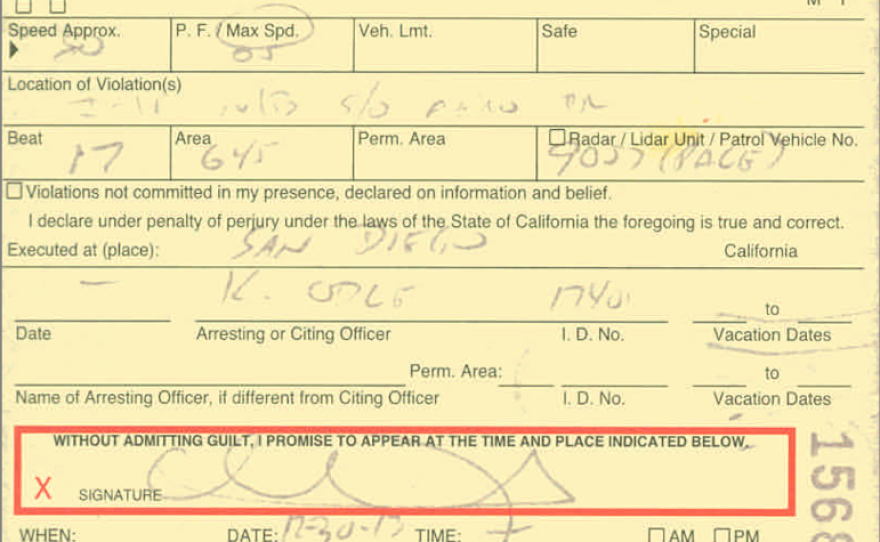Trial is scheduled Thursday for a Temecula woman who was ticketed for allegedly watching television via a pair of computerized Google glasses while speeding on a San Diego freeway.
Cecilia Abadie, 44, was allegedly speeding on Interstate 15 while watching television via a prototype eyeglass-style Google Glass wearable computer. Abadie was among 10,000 "explorers'' chosen to try out the devices before they were sold publicly.
Defense attorney William Concidine said Abadie's Google Glass device was not on when she was driving, but was activated when she looked up at the officer during the stop.
A California Highway Patrol officer issued the citation Oct. 29. Abadie was initially pulled over for speeding.
On a social-networking page after the incident, Abadie identified herself as the recipient of the ticket and posted a photo of it.
Abadie wrote, "Is GoogleGlass illegal while driving or is this cop wrong??? Any legal advice is appreciated!! ... Do you know any other GlassExplorers that got a similar ticket anywhere in the U.S.?''
In a Q-and-A section on its website, Google says "most states have passed laws limiting the use of mobile devices while driving any motor vehicle, and most states post those rules on their department of motor vehicles websites.''
"Read up and follow the law!'' the site warns. "Above all, even when you're following the law, don't hurt yourself or others by failing to pay attention to the road.''
Google Glass features a thumbnail-size transparent display on the lens in front of the right eye.







